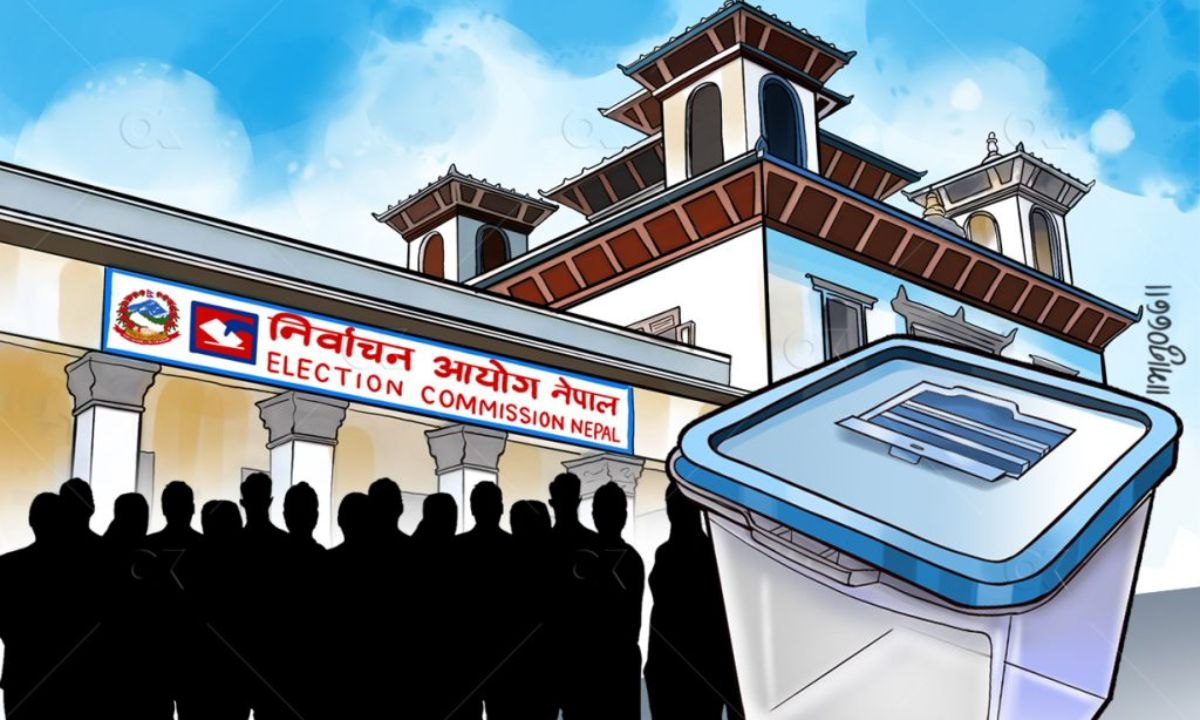Students and teachers at Tribhuvan University’s (TU) engineering campuses have been protesting and demanding autonomy for better management of their studies and administration. The core issue dates back many years and centers on the reduction of decentralized powers given to the engineering institute.
Since 2080 BS (around 2023 AD), the university’s engineering campuses have faced cuts in their decentralization rights. According to the decentralization rules from 2055 BS, these institutes were supposed to have control over their finances, academics, and administration. However, a budget announcement in 2080 BS restricted these rights by requiring prior approval for spending, which goes against the original rules.
Teachers began protesting on 19 Ashar (early July) and stopped all classes from 25 Ashar onward. As a result, five engineering campuses under TU—including Pulchowk, Thapathali, and others—have been closed for two weeks.
The students and teachers want three main things:
- Immediate resumption of classes and academic activities
- Full implementation of decentralization rights
- Complete autonomy over financial, academic, and administrative matters
The students support their teachers in this movement and have demonstrated at the Vice-Chancellor’s office demanding solutions.
Vice-Chancellor Deepak Aryal and Dean Sushil Bajracharya have expressed willingness to restore decentralization rights. However, formal approval letters and official documents are still pending, which has delayed the reopening of classes.
Dean Bajracharya explained that discussions are ongoing and a committee is being prepared to resolve the issues permanently. The teachers have made it clear they will not stop protesting until the university’s executive council officially confirms the institute’s autonomy in writing.
The engineering institute’s autonomy affects how well it can manage its own budget, curriculum, and staff. Without this freedom, decisions become slow and bureaucratic, harming the quality of education and student progress.
Teachers argue that decentralization is crucial for academic excellence and smooth operations. They feel the current restrictions undermine their ability to run the campuses effectively.
There is hope that the university administration and teachers will soon reach an agreement. If the Vice-Chancellor’s office issues the necessary authorization, classes can resume immediately. Until then, the protests and academic halt are expected to continue.







